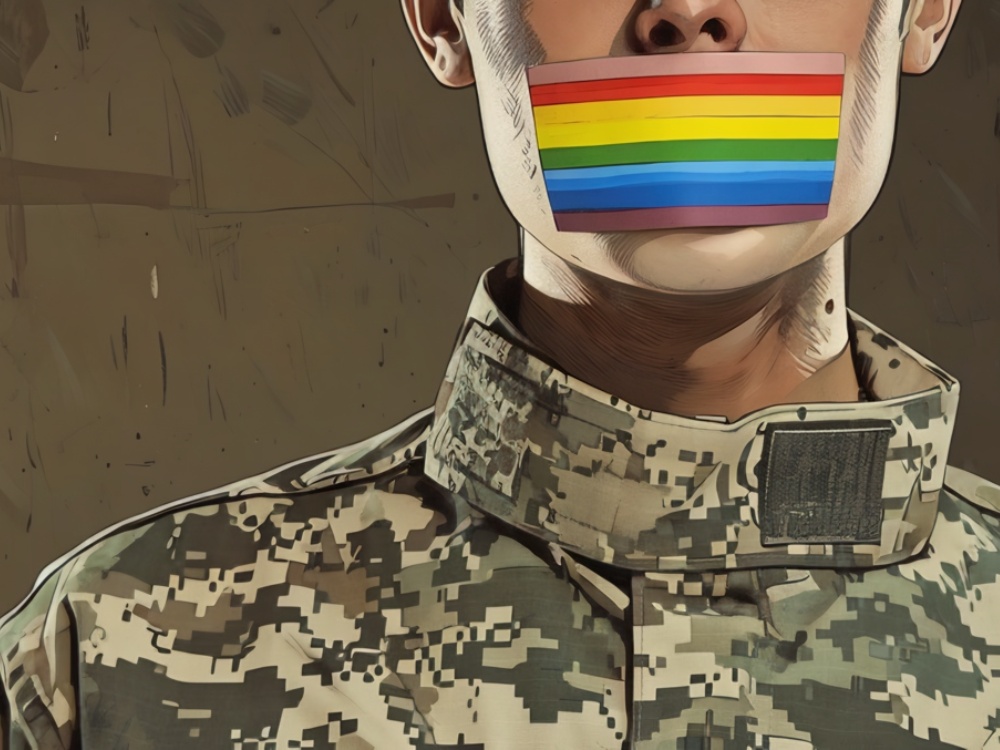A transgender athlete in Pennsylvania has launched legal action against the National Collegiate Athletic Association (NCAA) and her college after she was dropped from her track team on the same day new restrictions on trans athletes were introduced.
Long-distance runner Evie Parts was removed from the Swarthmore College women’s team shortly after the NCAA announced updated eligibility guidelines. The changes came in response to President Donald Trump signing an executive order banning transgender women from competing in female sports.
Parts’ lawsuit argues the NCAA’s ban is unlawful, as the organisation is not government-run and has no authority to override Title IX, the federal civil rights law prohibiting sex-based discrimination in education.
Lawsuit details
In addition to the NCAA, the suit names Swarthmore’s men’s and women’s track coach Peter Carroll, athletic director Brad Koch, and athletics officials Christina Epps-Chiazor and Valerie Gomez.
The complaint alleges their actions left Parts in a deep depressive state where she engaged in self-harm and expressed suicidal thoughts.
Her lawyer, Susie Cirilli, said:
“As stated in the complaint, the NCAA is a private organisation that issued a bigoted policy. Swarthmore College chose to follow that policy and disregard federal and state law.”
College response
Swarthmore College issued a statement acknowledging the sensitivity of the case:
“We recognise that this is an especially difficult and painful time for members of the transgender community, including student athletes. We worked to support Evie Parts in a time of rapidly evolving guidance, while balancing the ability for other members of the women’s track team to compete in NCAA events. Given the pending litigation, we will not comment any further.”
Wider legislative backdrop
Pennsylvania’s state senate voted in May to approve a bill banning transgender athletes from competing in women’s and girls’ sports, covering schools from kindergarten through to university level.
The bill reflects a broader wave of restrictions on transgender athletes across the United States, intensifying the debate around fairness, inclusion, and civil rights in sport.
































